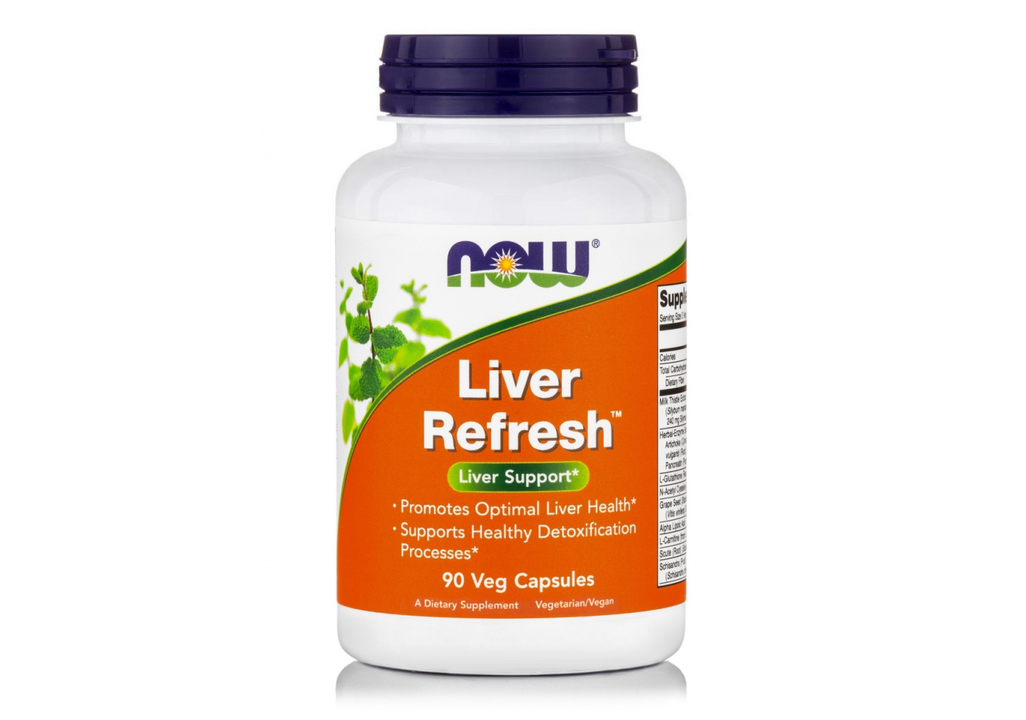Natural dietary supplement: how to pick safe, useful options
Natural doesn’t always mean safe. If you’re trying supplements to fill a gap in your diet or try a new herbal boost, a few simple checks keep you from wasting money or risking your health. This page gives clear, practical steps for choosing natural dietary supplements and points to a few popular options we cover on youdrugstore.com.
How to choose a supplement
Start with why you want it. Are you short on iron, curious about mood support, or looking for digestive help? Match the supplement to that specific need. Next, read the label: active ingredient, dose per serving, other ingredients, expiration date, and lot number. Avoid products that hide details behind a vague “proprietary blend.”
Look for third-party checks. Certificates from USP, NSF, or consumer lab testing mean the product contains what the label promises and is free from common contaminants. Check where it’s made — reputable manufacturers usually list a city and country. Read a few user reviews, but focus on verified buyers and consistent comments about effectiveness and side effects.
Think about interactions. If you take prescription meds—especially blood thinners, antidepressants, or diabetes drugs—talk to your clinician before adding an herbal or natural supplement. Start with a low dose and try it for a short, defined period so you can track any changes. If you get unexpected symptoms, stop and consult your doctor.
Top natural options people ask about
Graviola (soursop): It’s trendy for immune support and inflammation. Our Graviola article explains potential benefits and the safety concerns raised in lab studies. If you try it, choose standardized extracts and avoid long-term heavy doses without medical advice.
Coffee Charcoal: This newer supplement pairs coffee compounds with activated charcoal. Some people use it for occasional bloating or to feel more alert. Charcoal can bind drugs and nutrients, so don’t take it close to your prescriptions or everyday vitamins.
Rusty‑Leaved Rhododendron & Tansy: Both are traditional plants showing up in modern supplements. They may offer herbal benefits, but quality varies a lot. Look for products that list botanical names and standardized markers instead of vague promises.
Practical red flags: big claims like “cure,” “fast weight loss,” or “detox” are almost always false. Also avoid sellers who pressure you to buy multiple bottles at once or offer no way to contact a real company. Store supplements in a cool, dry place and check expiry dates before use.
Want specific reads? We have focused articles on graviola, coffee charcoal, and other herbal supplements on Your Personal Pharmaceuticals Guide. Read those to learn doses, reported effects, and what modern studies say. Make choices based on clear labels, reputable testing, and common sense—and ask your healthcare provider when in doubt.

